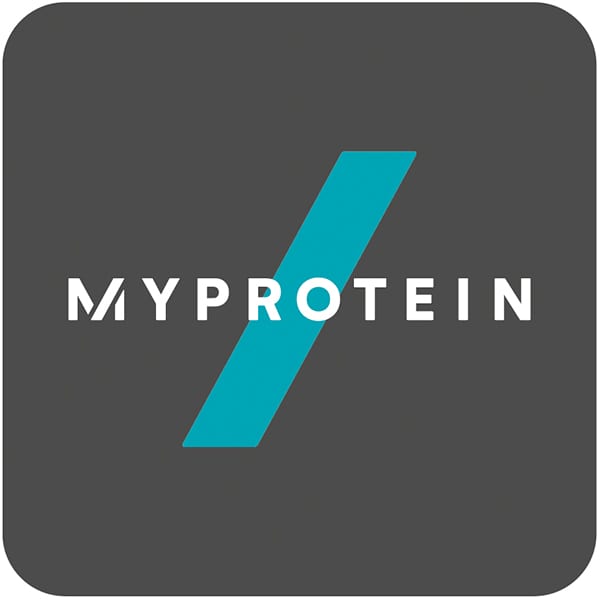
Vitamin A is a fat soluble vitamin which plays a vital role in ensuring that we have healthy vision, as well as helping to maintain efficient neurological function and promoting healthy skin.
Despite playing such a crucial role, vitamin A is often overshadowed by more ‘popular’ vitamins and supplements, namely vitamins B, C and D.
What is Vitamin A?
Vitamin A can be split into two different categories, depending on whether the source of the vitamin A is an animal or a plant.
Vitamin A which is found from animal based foods is known as retinol, which is one of the most active forms of vitamin A. Retinol is mostly known to have a positive effect on skill cell production.
On the other hand, vitamin A which is from fruits and vegetables is known as carotenoid, which is manipulated and turned into retinol in the body.
Sources of Vitamin A

As previously mentioned, vitamin A can be obtained from two main sources; animal and plant based produce, besides vitamin supplementation.
When it comes to obtaining vitamin A, (retinol) from animal based foods, liver is the richest source. However, it does have an acquired taste and is not ideal to eat regularly.
Other good sources of vitamin A include:
✓ Whole milk, egg yolk and butter.
There are also a whole host of vegetables which contain high levels of vitamin A, more specifically carotenoids.
✓ These include sweet potatoes, carrots, spinach, kale and other leafy greens.
Different vegetables contain different carotenoids so it is important to eat a variety in order to obtain all the different forms!
Benefits of Vitamin A

There are many health benefits which vitamin A, and vitamin A supplementation offers you.
Many different functions within the immune system are dependent on an individual obtaining sufficient levels of vitamin A, meaning it helps to promote a healthy immune response. The genes which are involved in the immune response are regulated and controlled by vitamin A, meaning it is essential for fighting off viruses such as cold and flu.
The old wives tale of ‘eating carrots to make you see in the dark’ does have some truth to it. Granted, eating carrots isn’t going to give you night vision, but the beta carotene which is found in them, among other plants, plays a role in preventing macular degeneration in the eyes which is a factor in blindness and vision loss.
Vitamin A is essential for effective healing as well as re-growth of skin.
It is required to support internal and external skin cells. The vitamin itself is required in order to form glycoproteins which help bind the tissues together.
Vitamin A | Deficiency Symptoms

There are a few key deficiency symptoms when it comes to vitamin A, mainly the opposite of the benefits which it has to offer.
If you are deficient in vitamin A, then it may lead to the thickening of the cornea which in the long run could lead to blindness. Usually, this will affect both eyes.
Respiratory infections can occur when you are deficient in vitamin A, due to lack of immune function.
Vitamin A | Potential Side Effects
Due to the fact that vitamin A is stored within your liver, if large amount are taken in at any one time, then it could exceed the liver’s storage capacity which could lead to side effects such as liver damage, joint pain and bone abnormalities.
There have also been studies to suggest that over-supplementation of vitamin A over a prolonged period of time could increase your risk of osteoporosis, although the reasons for this are not yet clear. Therefore, it can be difficult to conclude whether or not vitamin A does indeed prevent this risk. As previously mentioned, it is important to regulate dosage to be on the safe side.
Vitamin A Dosage
The recommended dosage for vitamin A varies depending on age, gender and other factors.
General recommended levels of intake per day for men are 900mcg and for women, 700mcg. This is based on retinol.
Take Home Message
Vitamin A can be a very powerful supplement if used correctly. You should ensure that you are sticking to the correct dosage, as if you do, you should not suffer any adverse side effects or put yourself at any risk.
If you believe you may be deficient, it is important that you see your GP in order to confirm whether you are or not, before you self-diagnose and allow yourself to supplement.
Supplementing vitamin A is recommended in the form of
[1] Vitamin A for good vision (2005) Available at: http://www.webmd.com/vitamins-and-supplements/lifestyle-guide-11/supplement-guide-vitamin-a (Accessed: 30 March 2016).
[2] Marie (2008) Health benefits of vitamin A or Retinol. Available at: https://www.organicfacts.net/health-benefits/vitamins/health-benefits-of-vitamin-a-or-retinol.html (Accessed: 30 March 2016).
[3] Evert, A., Nutritionist, Team, E., Zieve, D., Eltz, D.R., Slon, S. and Wang, N. (2013) Vitamin A benefit: MedlinePlus medical encyclopedia image. Available at: https://www.nlm.nih.gov/medlineplus/ency/imagepages/18096.htm (Accessed: 30 March 2016).
[4] Lifestyle, W. (2016) Facts about vitamin A - Dr. Weil. Available at: http://www.drweil.com/drw/u/ART02759/facts-about-vitamin-a (Accessed: 30 March 2016).
[5] Wax, E., Center, T.B.H., Brooklyn, Also, N.Y., Zieve, D. and Ogilvie, I. (2015) Vitamin A: MedlinePlus medical encyclopedia. Available at: https://www.nlm.nih.gov/medlineplus/ency/article/002400.htm (Accessed: 30 March 2016).
[6] Heiting, G. (no date) Vitamin A and beta Carotene: Eye benefits. Available at: http://www.allaboutvision.com/nutrition/vitamin_a.htm (Accessed: 30 March 2016).
[7] (2009) Benefits of vitamin A, vitamin A benefits. Available at: http://antioxidantsdetective.com/benefits-of-vitamin-a.html (Accessed: 30 March 2016).
[8] DC, E.G. and DACBN (2016) Vitamin A: Health benefits, best foods, and more. Available at: http://www.globalhealingcenter.com/natural-health/health-benefits-of-vitamin-a/ (Accessed: 30 March 2016).







